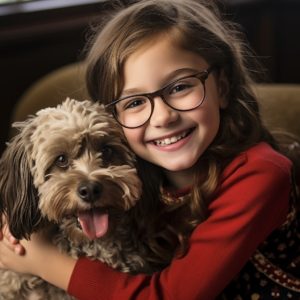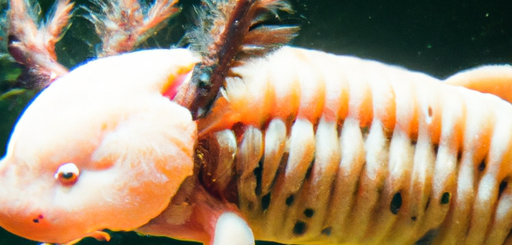Celebrating The Golden Years: Senior Dog Care And Wellbeing
In this insightful article, discover the key aspects of senior dog care and wellbeing, as we celebrate the remarkable companionship and unconditional love that our furry friends bring into our lives. Explore the importance of proper nutrition, exercise, and regular veterinary check-ups in ensuring the health and happiness of our senior dogs. Learn valuable tips and techniques to create a comfortable and safe environment for these golden years, allowing our loyal companions to age gracefully and enjoy their retirement with joy and vitality.
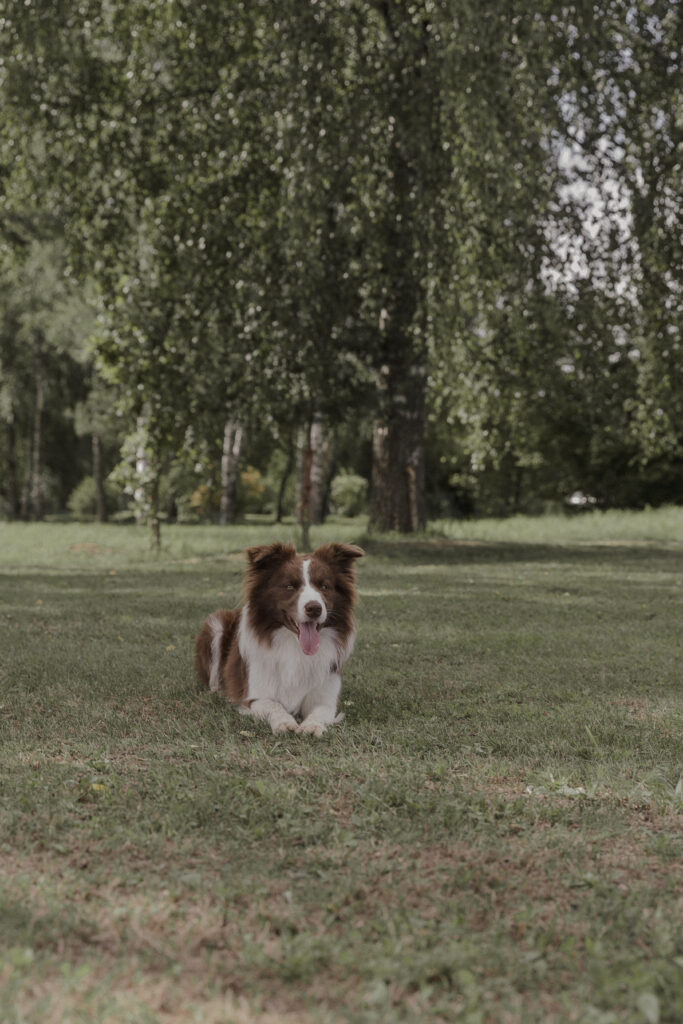
This image is property of images.pexels.com.
1. Understanding the Senior Years
1.1 Aging process in dogs
As dogs age, their bodies go through various changes that can affect their overall health and wellbeing. The aging process in dogs typically starts around the age of 7 or 8, depending on the breed and size of the dog. Just like humans, senior dogs may experience a decrease in energy levels, slower metabolism, and changes in their physical appearance. Understanding the aging process is crucial for providing the best care and support for your senior dog.
1.2 Common health issues in senior dogs
Senior dogs are more prone to certain health issues as their bodies age. Some common health problems that can affect senior dogs include arthritis, dental diseases, heart diseases, diabetes, and cognitive decline. It is important to be aware of these potential health issues so that you can take proactive measures to prevent and manage them effectively.
1.3 Behavioral changes in senior dogs
Along with physical changes, senior dogs may also exhibit behavioral changes. They may become less active, sleep more, or show signs of anxiety or restlessness. It is essential to understand that these behavioral changes are often a result of age-related conditions or discomfort. By recognizing these changes, you can provide the necessary care and support to ensure your senior dog’s emotional wellbeing.
2. Nutrition for Senior Dogs
2.1 Dietary requirements for senior dogs
Senior dogs have different nutritional needs compared to younger dogs. They require a diet that supports their aging bodies and addresses any health issues they may be experiencing. Senior dog food should be formulated with lower calories, higher fiber, and specific nutrients like antioxidants and joint-supporting ingredients. Always consult with your veterinarian to determine the best diet plan for your senior dog based on their individual needs.
2.2 Choosing the right senior dog food
When selecting senior dog food, look for high-quality ingredients that are easily digestible. Avoid artificial additives, fillers, and excessive amounts of carbohydrates. Opt for food that is specifically labeled for senior dogs and meets the requirements set by reputable pet nutrition organizations. Regularly monitor your dog’s weight and adjust their food intake accordingly to maintain a healthy weight.
2.3 Supplements for senior dogs
In addition to a balanced diet, some senior dogs may benefit from certain supplements to support their overall health. Glucosamine and chondroitin can help improve joint health, while omega-3 fatty acids support heart health and brain function. However, it is important to consult with your veterinarian before introducing any supplements to ensure they are suitable and safe for your senior dog.
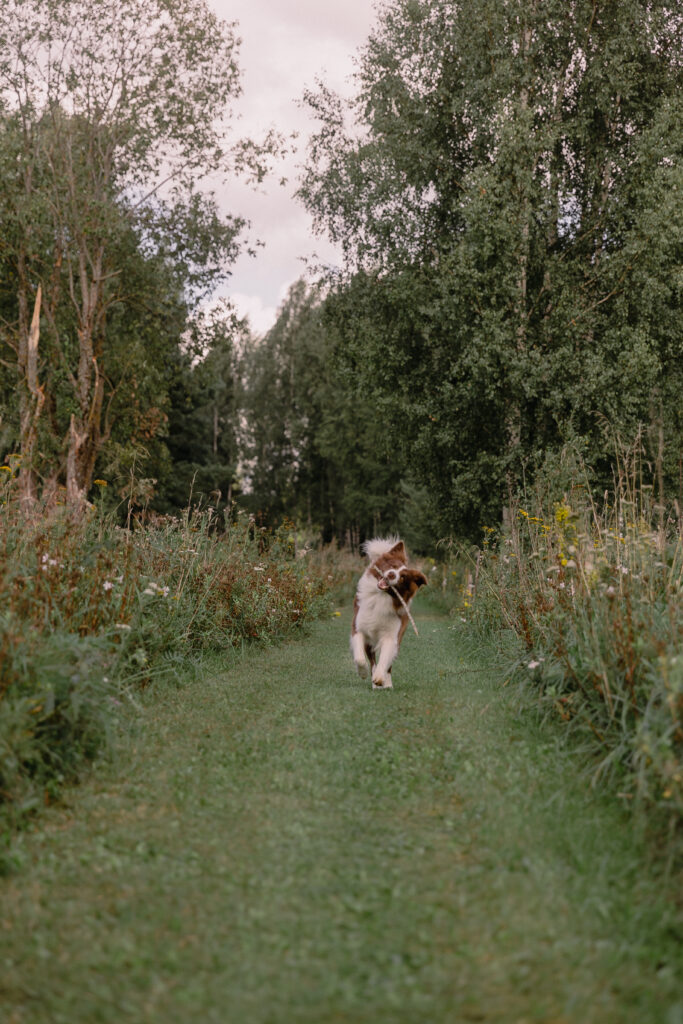
This image is property of images.pexels.com.
3. Exercise and Mental Stimulation
3.1 Exercise recommendations for senior dogs
Regular exercise is crucial for maintaining the physical and mental wellbeing of senior dogs. While their activity levels may decrease, it is important to provide them with appropriate exercise to keep their joints limber, muscles toned, and prevent obesity. Low-impact exercises like leisurely walks, swimming, and gentle play sessions can help keep your senior dog active without putting too much strain on their aging bodies.
3.2 Fun activities to keep senior dogs engaged
Keeping your senior dog mentally stimulated is just as important as physical exercise. Engage them in interactive toys, puzzle games, and obedience training sessions to keep their minds sharp. Providing them with scent work activities or engaging in positive reinforcement training can help keep their cognitive abilities intact and provide mental challenges that they enjoy.
3.3 Importance of mental stimulation
Mental stimulation is vital for senior dogs as it helps prevent cognitive decline and keeps their minds engaged. Regular mental stimulation not only provides entertainment but also enhances their overall quality of life. It can help reduce anxiety, decrease the risk of behavioral problems, and improve their cognitive function. So, keep your senior dog’s brain active and encourage mental games and activities to promote their wellbeing.
4. Preventive Care and Regular Vet Visits
4.1 Vaccination and parasite control
Even in their senior years, dogs still need regular vaccinations to protect against potentially dangerous diseases. Preventive care should include vaccinations for diseases like rabies, distemper, and parvovirus. Additionally, regular parasite control is essential to protect your senior dog from fleas, ticks, and internal parasites. Consult with your veterinarian to create a vaccination and parasite control schedule tailored to your senior dog’s needs.
4.2 Dental care for senior dogs
Dental hygiene is crucial for senior dogs, as they are more prone to dental diseases such as periodontal disease. Establish a regular dental care routine that includes daily tooth brushing with toothpaste formulated for dogs. Regular dental check-ups and professional cleanings may also be necessary to maintain your senior dog’s oral health.
4.3 Regular health check-ups
Regular health check-ups are vital to monitor your senior dog’s overall health and detect any potential issues early. During these check-ups, your veterinarian will perform a thorough physical examination, assess organ function through blood tests, and discuss any changes in behavior or symptoms you may have noticed. These routine visits allow for early intervention and help ensure your senior dog receives the necessary care and treatment.

This image is property of images.pexels.com.
5. Managing Chronic Conditions
5.1 Arthritis and joint health
Arthritis is a common condition in senior dogs and can cause pain and discomfort. To manage arthritis, consider providing your senior dog with joint supplements, such as glucosamine and chondroitin, which can help reduce inflammation and support joint health. Additionally, providing soft bedding, using ramps or steps to help them navigate, and incorporating gentle exercises can help alleviate symptoms and improve their mobility.
5.2 Heart and cardiovascular health
Heart diseases can affect senior dogs, and early detection is key for effective management. Regular check-ups with your veterinarian, which may include blood pressure monitoring and heart screenings, can help detect any signs of cardiovascular issues. Maintaining a healthy diet and appropriate exercise routine can also support heart health in senior dogs.
5.3 Diabetes and blood sugar management
Senior dogs are more at risk for developing diabetes, which requires careful management. Keep an eye out for symptoms such as increased thirst, frequent urination, weight loss, and changes in appetite. If your senior dog is diagnosed with diabetes, the veterinarian may prescribe insulin therapy, dietary changes, and regular blood sugar monitoring to help manage the condition. Close monitoring and regular vet visits are essential for successful diabetes management in senior dogs.
6. Environmental Adaptations for Senior Dogs
6.1 Making the home senior-dog-friendly
Making small adjustments to your home can greatly improve the quality of life for your senior dog. Ensure their essential needs are easily accessible by placing food and water bowls at a comfortable height and providing nonslip mats or rugs to prevent slips and falls. Consider installing pet gates or ramps to limit access to stairs or high furniture that may be difficult for them to navigate.
6.2 Providing comfortable resting areas
Senior dogs require comfortable resting areas where they can relax and recuperate. Provide them with soft, orthopedic beds that support their joints and relieve pressure points. Place their bed in a quiet and cozy corner of the house, away from excessive noise and activity. Offering a warm and inviting space will help promote restful sleep and overall comfort.
6.3 Assisting with mobility
If your senior dog experiences difficulty with mobility, there are various aids and devices available to help them navigate their surroundings. Ramps or stairs can assist them in getting in and out of vehicles or reaching higher surfaces. Harnesses or slings can be used to support their hind end during walks or when climbing stairs. Consult with your veterinarian or a professional dog trainer for guidance on the best mobility aids for your senior dog’s specific needs.
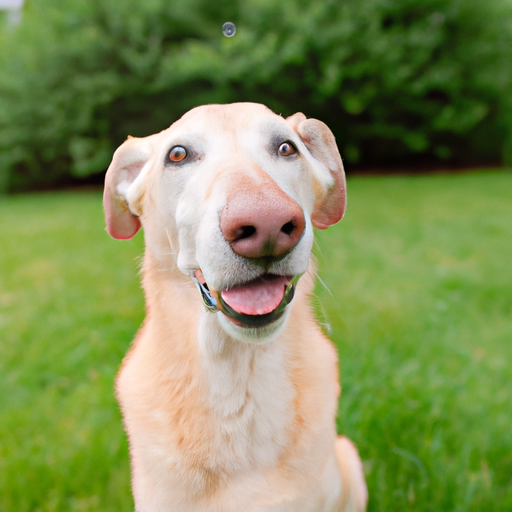
7. Emotional Support and Bonding
7.1 Understanding the emotional needs of senior dogs
Senior dogs may experience emotional changes as they age, including separation anxiety, fearfulness, or an increased need for comfort and reassurance. Understanding their emotional needs is important for providing the right support and creating a nurturing environment. Spend quality time with your senior dog, provide them with predictability and routine, and offer gentle reassurance during periods of anxiety or discomfort.
7.2 Strengthening the human-dog bond
The bond between humans and dogs is special and can be incredibly beneficial for the emotional wellbeing of both parties. Building a strong bond with your senior dog involves regular exercise, positive reinforcement training, and engaging in activities that they enjoy. Take the time to understand their unique needs and preferences, and create opportunities for meaningful interaction and companionship.
7.3 Coping with loss and grief
As much as we cherish our senior dogs, the inevitable reality is that they have shorter lifespans. Coping with the loss of a beloved senior dog can be extremely difficult. Allow yourself to grieve and seek support from friends, family, or support groups. Remember and celebrate the love and joy your senior dog brought into your life, and consider honoring their memory through acts of kindness, making a donation to a pet-related charity, or creating a memorial.
8. Quality of Life and End-of-Life Care
8.1 Assessing and improving quality of life for senior dogs
Ensuring a high quality of life for your senior dog is a top priority. Regularly assess their physical and mental wellbeing, and make adjustments to their care routine as needed. This may include modifications to their diet, exercise routine, or environmental adaptations. Keep them comfortable, provide them with opportunities for socialization, and continue to give them love and attention to enhance their overall happiness and satisfaction.
8.2 Palliative care and pain management
In cases where a senior dog is suffering from a chronic or terminal illness, palliative care becomes essential. Palliative care focuses on managing pain and providing comfort to enhance the senior dog’s quality of life. Work closely with your veterinarian to develop a care plan that may involve pain medications, therapies, or holistic approaches to alleviate discomfort.
8.3 Making difficult end-of-life decisions
Making end-of-life decisions for our senior dogs can be incredibly challenging but is ultimately an act of compassion and love. Consult with your veterinarian to determine when the time may be right to consider euthanasia. They can guide you through this difficult process and provide information and support to ensure your senior dog’s passing is peaceful and dignified.
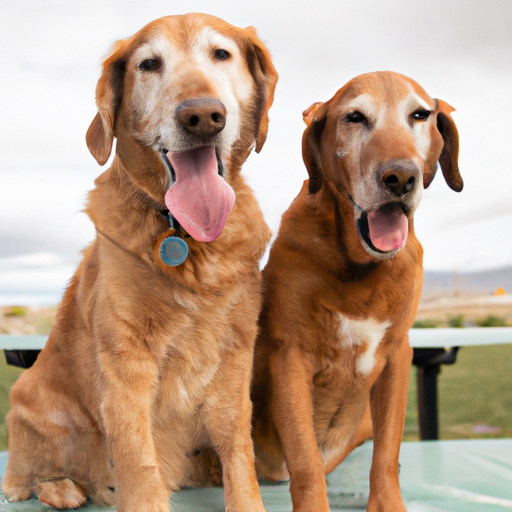
9. Senior Dog Adoption and Rescue
9.1 Benefits of adopting a senior dog
Adopting a senior dog can be a truly rewarding experience. Senior dogs often come with a calm and gentle temperament, having already gone through the often challenging puppy and adolescent stages. They offer companionship and unconditional love while requiring less exercise and training compared to younger dogs. By adopting a senior dog, you are giving them a chance at a loving and comfortable home in their golden years.
9.2 Choosing the right senior dog
When considering adopting a senior dog, take into account their individual needs, temperament, and compatibility with your lifestyle. Consider factors such as the dog’s activity level, medical history, and any specific care requirements they may have. Spend time getting to know them before bringing them home to ensure a successful and harmonious match.
9.3 Supporting senior dog rescue organizations
Senior dog rescue organizations play a crucial role in providing care, rehabilitation, and rehoming for senior dogs in need. Consider supporting these organizations through donations, volunteering, or even fostering a senior dog temporarily. Your support can make a significant difference in improving the lives of senior dogs and finding them loving forever homes.
10. Celebrating Aging Dogs
10.1 Honoring the life journey of senior dogs
Senior dogs have lived long and fulfilled lives, and it is important to honor and appreciate their journey. Reflect on the memories and experiences shared together and celebrate their accomplishments. Take the time to reminisce, share stories, and create a positive and loving environment that acknowledges the significance of their golden years.
10.2 Special celebrations for senior dogs
Make your senior dog feel extra special by organizing celebrations and activities tailored to their needs and preferences. Throw a dog-friendly birthday party, organize a leisurely beach outing, or plan a playdate with their favorite furry friends. These special occasions allow you to show your love and gratitude for the joy they bring to your life.
10.3 Inspiring stories of senior dog resilience
Senior dogs are often an incredible testament to resilience and the ability to adapt to life’s challenges. Seek out and share inspiring stories of senior dogs who have overcome adversity, found loving homes in their senior years, or made a positive impact on their communities. These stories serve as a reminder of the strength and spirit of aging dogs and the importance of cherishing their golden years.
In conclusion, caring for senior dogs requires understanding, patience, and a commitment to their specific needs. By providing them with proper nutrition, exercise, preventative care, and emotional support, you can ensure that their golden years are filled with love, comfort, and joy. Celebrate the journey of your senior dog, and cherish the special bond that continues to grow as they age gracefully by your side.





